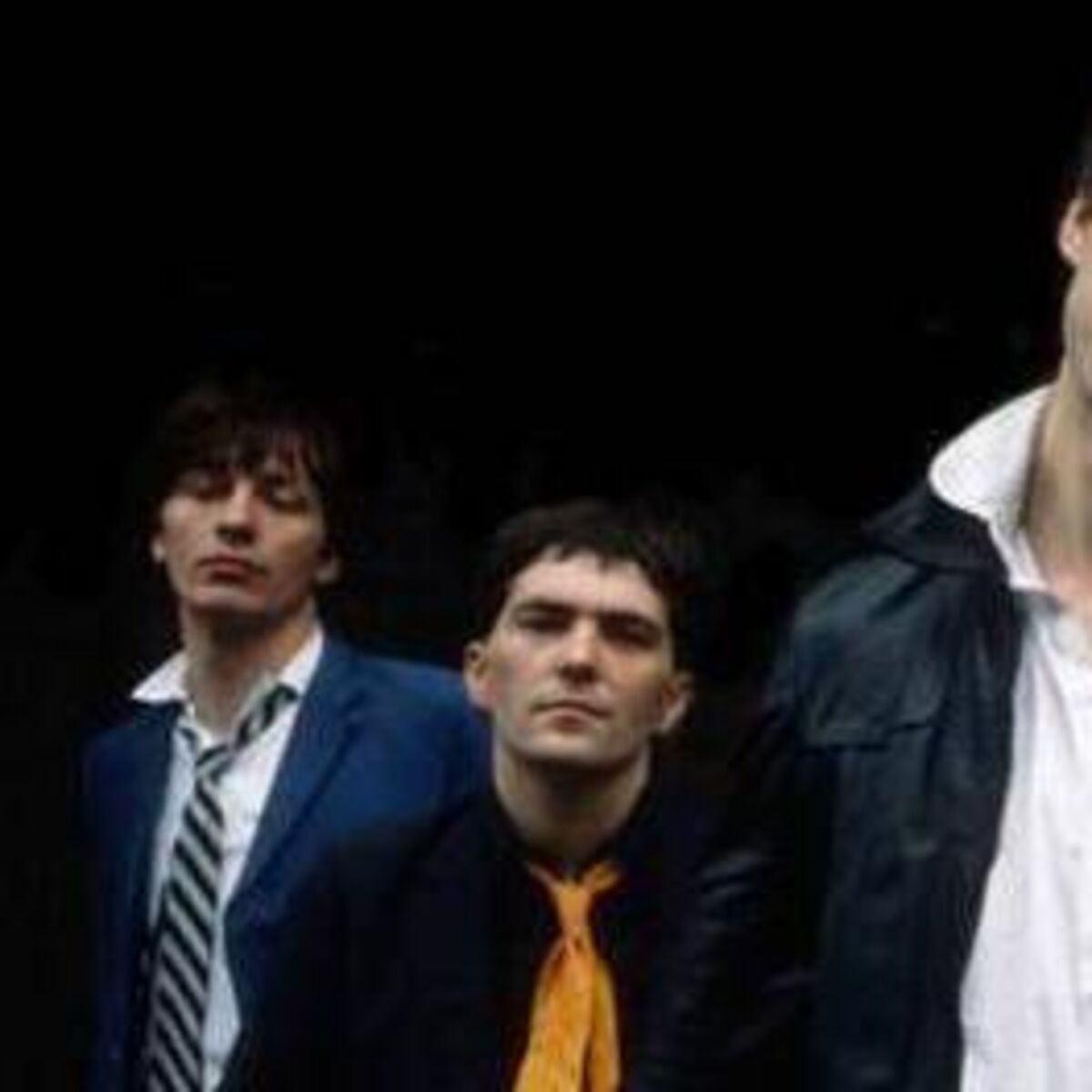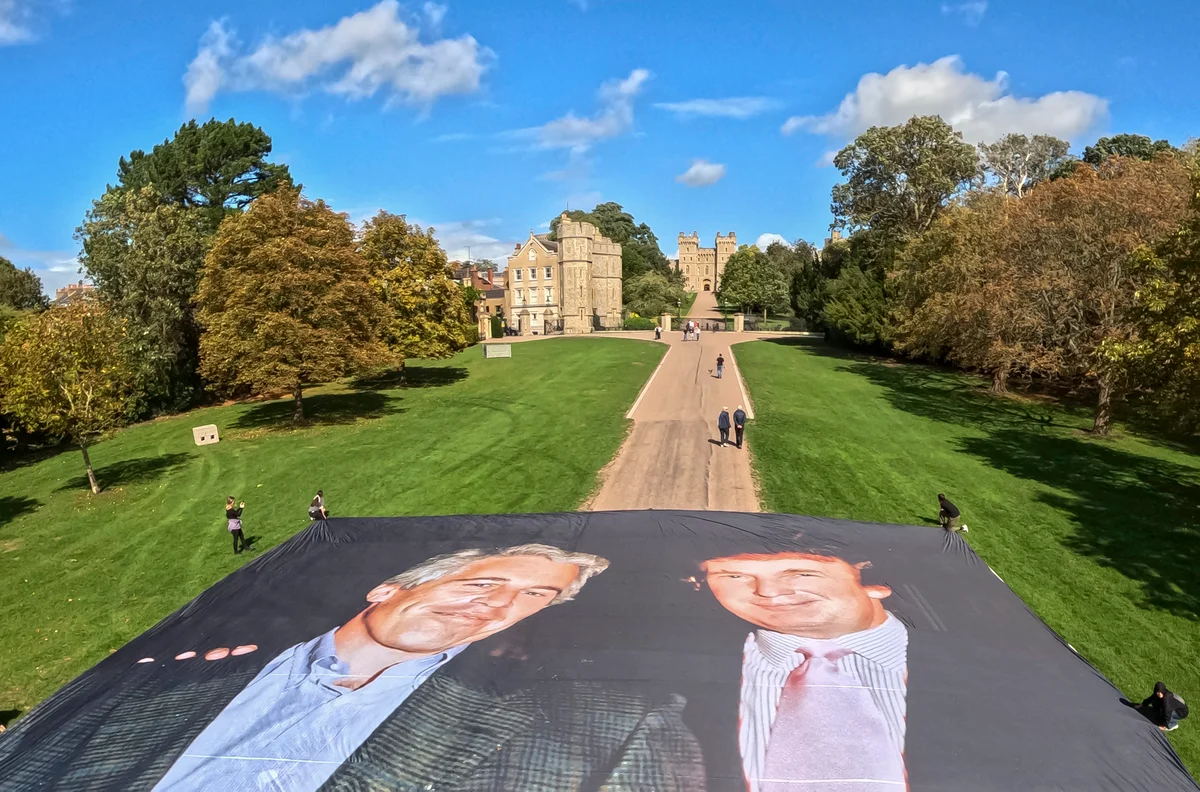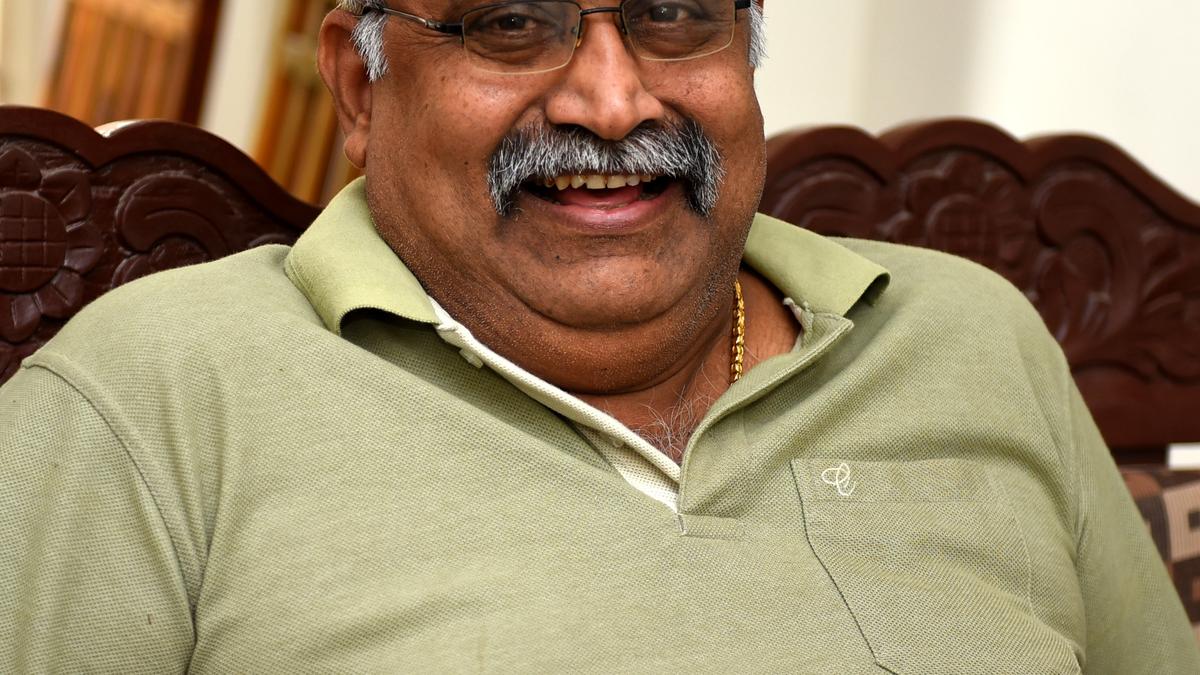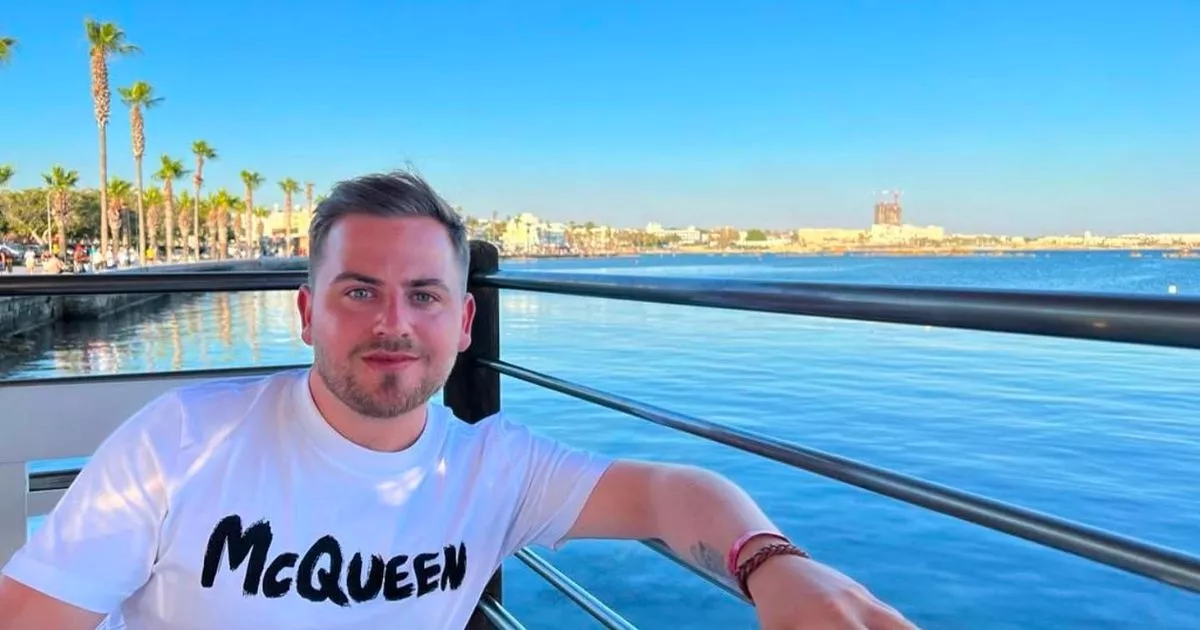By Irishexaminer.com,Tom Dunne
Copyright irishexaminer

When I first saw The Rats in 1977 at Dalymount with Thin Lizzy things were already changing. Fifty per cent of the then population of Ireland was under 26. I was firmly in the middle of that, just back from the Gaeltacht and awash in records by The Damned, The Stranglers and XTC.
It was an audience that had been raised, admittedly at arm’s length, on foreign culture. 1960s music, ’70s bands, writers, directors, ’70s films, Top of the Pops, Punk, avant garde theatre. But everything seemed to be banned. And as for the economy. Punk’s “No Future” could not have been more on the money.
Bob Geldof walking onstage was a watershed moment. The Rats had modern energy, and modern attitude and modern songs. Bob appeared to be an arrogant Irish man. I didn’t think we did them here. “This band, Top of the Pops, Thursday.” he said. He wasn’t lying.
I think we all sensed: if it doesn’t happen now, it won’t happen. If Ireland doesn’t join the 20th century now, it never will. Bands were formed, local halls books, ads placed in papers, instruments acquired, conversations had. Bob had blown the doors off.
There followed two years that changed everything, during which time The Rats kept up a string of hit singles. I didn’t quite appreciate it at the time, but this was remarkable. Most of the punk/new wave acts had one hit at best. Every time they needed a new single, Bob came up with the goods.
Looking after Number One was some start. I’ve heard it variously described as an “anthem of the dispossessed” and “Ireland’s version of My Generation”. It was perfect. Literate and intelligent like most of Ireland’s young population but angry too. Fed up, above all else.
Mary of the 4th Form, She’s So Modern, and Like Clockwork were all great follow ups but Rat Trap topping the charts in October 1978 was transcendental. Seeing Bob rip up the picture of Olivia Newton John and John Travolta on Top of the Pops, was just so bold, so childish, so wonderful.
The Rats first attempt at conquering the US resulted in a bloody nose. The Americans didn’t quite get them – are they kind of like the E Street band? – and were particularly irked by Bob’s prickly persona. Trips to promote the records tended to have the opposite effect.
It was suggested to Bob that he should try and write something that might resonate with American. Then on January 29, 1979, Brenda Spencer, a 16-year-old, opened fire on the Cleveland Elementary School in San Diego, killing two adults and injuring eight children. Bob instantly wrote I Don’t Like Mondays.
It was an NME Single of the Week and a UK number one. It was the embodiment of why punks formed bands. Punk said it was more important to have something to say than have virtuoso music skills. The skills would follow. Mondays proved the point.
But it was banned in the States. Its failure and the other various rebuffs seemed to end The Rats interest in “cracking America”. They returned to the UK just as the New Romantics were raising their coiffured heads, a world of vanity and make up in which the Rats seemed strangely at odds.
Bono thinks if they’d stuck at the States a while longer it would have worked. MTV was just around the corner; the Rats made great videos, and the Americans love a great live act. The Rats were, and still are, a truly great live band.
You know what happens next, but next time you watch the Band Aid early sessions keep an eye out during the song-writing session. They needed a song; nothing would have happened without it. And they get one, via Bob, acoustic in hand, with the right words, the right melody, and at right time.
Bob Geldof: Musician. Bob Geldof: Songwriter. Sometimes you forget all that.
Tom Dunne’s interview with Bob Geldof is on Newstalk on Thursday, Sept 18, at 10pm



